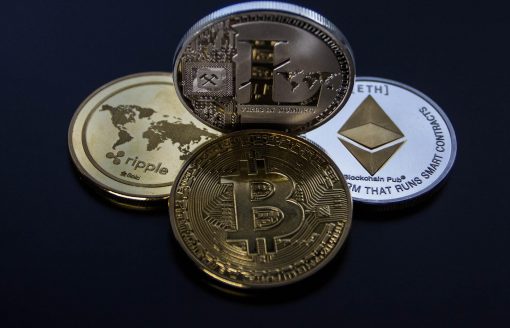Russia officially banned Telegram in the second week of April this year. Telegram in this case is not the old piece of paper people used to usually get in cases of emergencies before the advent of the telephone. It is a messaging app is now fighting back a ban using Bitcoin to power their efforts. The ban has been implemented because Telegram refused to provide the state intelligence team with encryption keys to decrypt user messages in order to track terrorist activities, if any. The reason for company’s refusal is the violation of Russian users’ privacy.
Telegram has become an integral part of the cryptocurrency world as most of the initial coin offerings (ICOs) used it to stay in touch with their followers and make announcements.
As a sign of protest, Telegram founder Pavel Durov has begun distributing Bitcoin grants to organizations operating Virtual Private Networks (VPNs) and all other proxy services that will help in bypassing the nationwide ban. Durov terms this action as ‘Digital Resistance’. Adding to this, he also said they would prefer to cease to exist than violate their users’ privacy.
Post the ban, Telegram has not experienced a major drop in the number of users, but the same cannot be said about other services. The regulatory agency has blocked millions of IP addresses and 18 sub-networks in order to prevent Telegram from bypassing the ban. These blocked IP addresses include some used by famous online retailers like Amazon and Google. There is no clear idea as to which level would Russia go for imposing the ban on Telegram app.
According to a press release, Telegram has already raised funds equal to $1.7 billion through a private ICO presale and plan to increase this figure through a public sale.






Shopping center makes city crypto savvy